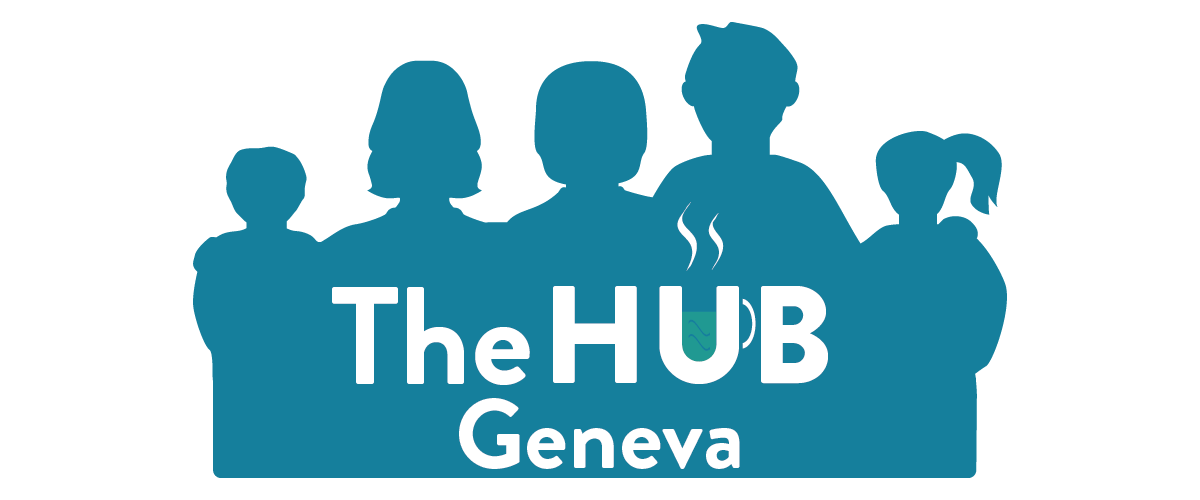Not Swiss?
Needing to prove your French skills by taking the FIDE test?
Don’t panic we share how we found the experience.
Permit requirements are different depending on where you live and your nationality, but more and more people are having to prove their level of French and take the FIDE test to do this.
FIDE’s website is a great help to outline the test and provide sample papers. But it’s the smaller details that sometimes put your mind at ease, so here’s our experience of the exam.
Part 1: Conversation (approx 20 mins)
A) 1:1 discussion with initial assessor
Speak as much as you can even if it’s not directly related to the question. Our questions focused on:
- How did you get here today?
- What do you do?
- Describe where you live / house / garden etc.
- Do you like living in the town or in the countryside and why?
B) Role play
We were shown a picture of a scenario. The examiners have 14 to choose from.
Firstly you will describe the scenario and afterwards have a role-play conversation with the examiner, with each of you taking on a different role.
Scenarios focus on day-to-day activities where you may need to ask for help, make arrangements etc. So think life-admin, going to the post-office, needing to get an appliance fixed, changing a rdv, understanding that you have a specific day to use the washing machines in an apartment building etc.
Scenarios we have experienced / heard about:
Washing machine has flooded and you need to call a plumber to fix it:
Washing machine – (machine à laver / lave-linge )
Flood – (inondation au sol)
Plumber – plombier
Other useful domestic vocab:
dishwasher (lave-vaisselle); tumble dryer (seche-linge); ironing (repassage); hoovering (passer l’aspirateur); to do housework (faire le ménage); fridge (frigo); oven (four); freezer (congélateur)
Lady at bus stop carrying a birthday cake:
bus stop (arret de bus)
birthday cake ( gateau d’anniversaire)
birthday party (fete d’anniversaire)
Changing an appointment:
Change washing machine service appointment (Je voudrais modifier un rendez-vous pour l’entretien de la machine à laver)
Need to change (besoin de changer)
child has a doctor appointment (l’enfant a un rendez-vous chez medicin)
Is it possible to change (C’est possible de repousser le rendez-vous)
Posting a parcel at the post office:
This scenario was about being given a bill to pay relating to a parcel:
Bill to pay (facture à payer)
parcel (paquet)
receipt of postage (reception de l’envoi)
(post office) counter (guichet)
Stuck on a bus in a traffic jam and you need to attend a formal meeting:
On bus in a traffic jam (dans le bus dans les embouteillages)
need to attend formal meeting (j’ai besoin d’assister à une reunion formelle)
who is waiting for me (qui m’attend)
I’m meeting with my manager (je rencontre mon manager/chef/directeur)
strategy meeting (reunion stratégique)
reason for being late (raison d’etre en retard)
accident on main road (il y a un accident sur la route principale)
request to reschedule (demande de reporter (postpone) / changer).
People in a classroom agreeing to go for drinks, then in a café chatting and ordering food and drinks:
People in a classroom going for drinks (des gens en classe vont boire/prendre un verre)
In a café, ordering food and drinks (dans un café, commander de la nouritture et des boissons);
Booking a delivery:
Booking a delivery (réserver une livraison)
new piece of furniture (nouveau meuble)
delivery to the ground floor (livraison au rez-de-chausée)
apartment on 4th floor (appartement au quatrième etage)
Moving house and booking a removal service:
moving house (je vais déménager – I am going to move)
removal company (entreprise de demenagement)
renting a house(louer une maison)
check in and out of property (enregistrement et départ)
Part 2: Listening (approx 20 mins)
In a separate room, the examiner will introduce the listening exercise in French – they will play something and then ask you questions about what you heard.
Very important: you can ask them to replay the example (pouvez-vous rejouer / refaire la conversation).
We didn’t realise this straight-away and probably could have got some extra marks!
We had approximately 10 listening exercises and questions to respond to … it was the hardest bit of the test.
Part 3 and 4: Comprehension and Writing (written exam – 60 mins)
You may have a wait in another room before going into a room with lots of other candidates.
You will be given something to read and then some written questions to respond to on the basis of the text you have read. Then at the end you will have to write something using several paragraphs for the last question (normally and letter or post-card).
Our scenario focused on reading about children’s creche options and then answering some questions.
Finally I needed to write a letter to a friend who had asked me to review some creches and give her my recommendations.
For this section, it is good to learn some key sentences that can be adapted to the scenario … using some key phrases that cover different tenses.
Important note: We were trying for B1 level, and therefore looking to demonstate a higher level of French. Your objective may be lower, so don’t panic if you aren’t familiar with all of these!
We tried to demonstrate the following tenses:
Present / Future / Past (Passé Composé) / Imperfect (Imparfait)
Plus insert conditional (conditionnel) and subjunctive (subjonctif) if the opportunity arose.
Examples we found helpful:
Conditional: I would like to recommend (Je voudrais recommander)
I would like to see a film but I have to work (J’aimerais voir un film, mais je dois travailler)
I would travel around the world if I were rich (Je ferais le tour du monde, si j’étais riche)
Subjunctive (goal, condition, fear):
It is necessary to (Il faut que …)
It is best to (l vaut mieux que…)
It seems that (Il semble que…)
Final advice
Don’t panic. Taking the test is stressful because it is a test, but the examiners we’ve experienced have been kind and positive. This helps!
Do your prep. Take a deep breath if you start to feel the panic taking over.
Don’t let mistakes make you freeze. You are demonstrating you can use French in everyday life, so keep going. Perfection is not the goal!
Good Luck.

